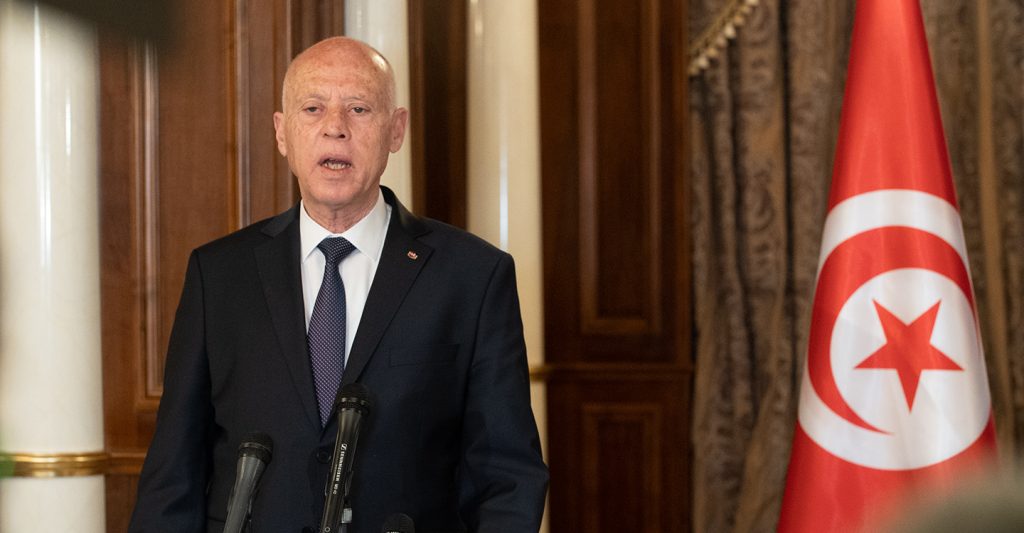Tunisians are set to vote this Sunday in a presidential election where incumbent Kais Saied is widely expected to secure victory, as many of his prominent critics remain behind bars.
Analysts say Saied’s almost certain win has cast a shadow of resignation over opposition groups, leading to a lacklustre campaign. The usual vibrancy of election season has been absent—there have been no campaign rallies or public debates, and nearly all campaign posters feature the current president.
This marks a stark contrast to Tunisia’s past, which proudly saw itself as the birthplace of the 2011 Arab Spring uprisings, and even the 2019 election that brought Saied, then an outsider and law lecturer, to power. Back then, Saied won by a landslide with 73% of the vote and 58% voter turnout, campaigning on promises of strong governance after nearly a decade of political gridlock between Islamist and secular factions.
In 2021, Saied dismissed the Islamist-led parliament in a sweeping power grab and later rewrote the constitution. His subsequent crackdown on political dissent has sparked widespread criticism both domestically and internationally, with many opposition figures, such as Rached Ghannouchi, leader of the Ennahdha party, and Abir Moussi of the Free Destourian Party, now behind bars.

Critics argue that new, stricter requirements for candidate registration have been exploited to hinder Saied’s opponents. Fourteen potential candidates were disqualified from the race, some of whom were later jailed over allegations of forging signatures required for candidacy.
Human Rights Watch and other rights groups have accused election organisers of making politically motivated decisions to block opposition candidates. Hatem Nafti, a political commentator, described the 2021 power grab as a “coup d’état” and said the current election reflects a deepening of Saied’s authoritarian rule.
Saied is left facing just two challengers, one of whom, former lawmaker Zouhair Maghzaoui, has previously supported the president’s 2021 actions, leaving no serious risk to Saied’s leadership. North Africa analyst Pierre Vermeren described the election outcome as predetermined, with imbalances of all sorts between candidates.
The other challenger, Ayachi Zammel, a former lawmaker and leader of a small liberal party, has also faced hurdles. Shortly after being approved as a candidate, Zammel was convicted of forging voter endorsements and now faces over 12 years in prison. However, the sentence does not disqualify him from running, much like Nabil Karoui in 2019, who made it to the runoff against Saied while imprisoned.
Despite Zammel’s potential to rally a broad political base, his status as a convicted prisoner is likely to further disillusion voters, leading to apathy and abstention.
With his opposition neutralised, Saied’s primary challenge now is to achieve a respectable voter turnout. His 2022 referendum on constitutional reforms saw only 30% turnout, and elections for a new legislature in 2024 drew a record low of just 11% participation.


